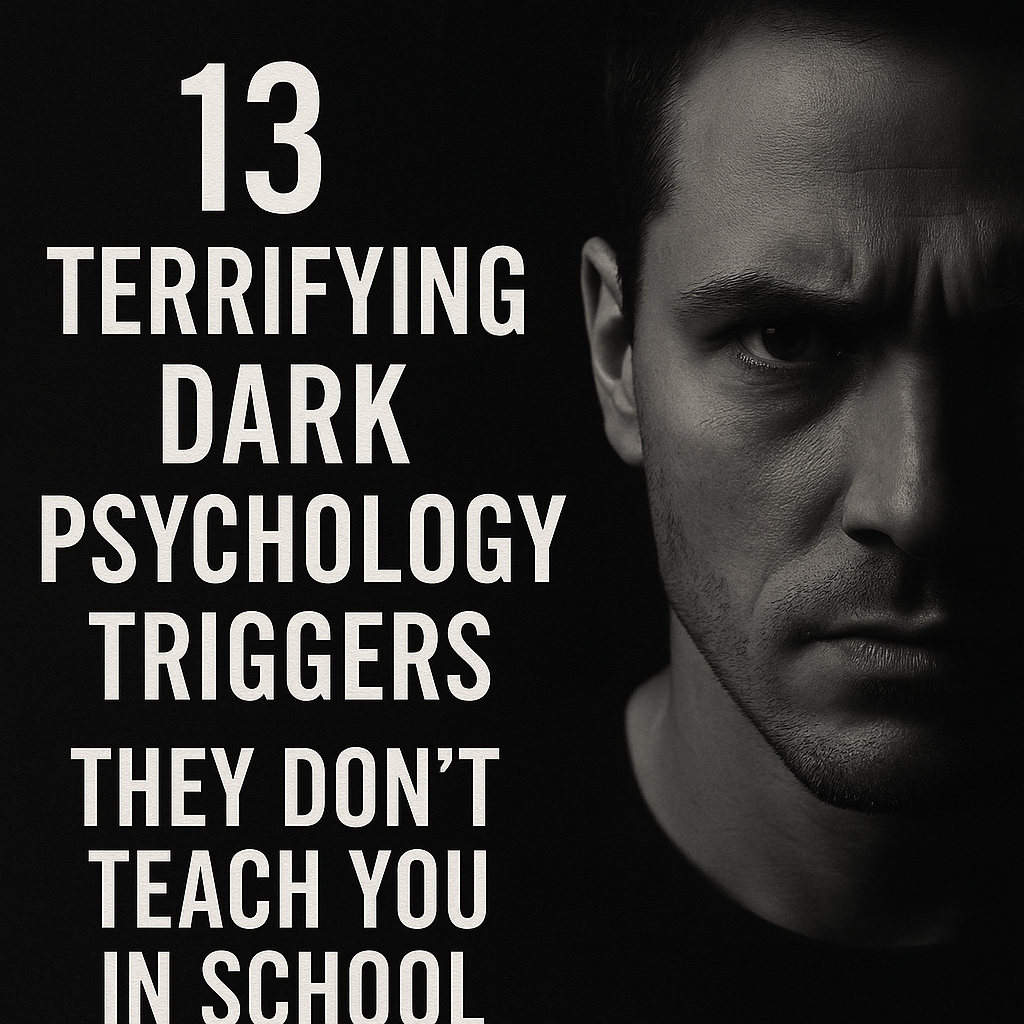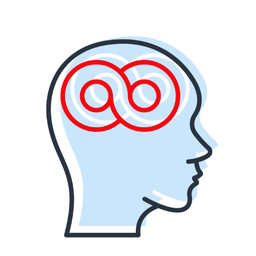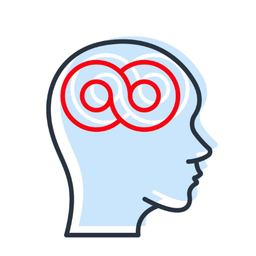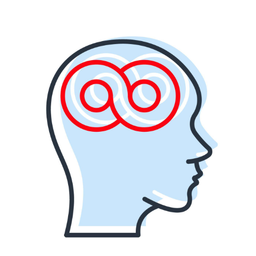13 Terrifying Dark Psychology Triggers They Don’t Teach You in School

“The human mind is the most dangerous weapon ever created, it can destroy without ever raising a hand.”
When most people think of manipulation, they imagine cult leaders, criminal masterminds, or hypnotists waving a pocket watch. But the truth is darker: real psychological manipulation doesn’t scream, it whispers. It hides inside ordinary interactions, lurking in relationships, politics, advertising, and even family dynamics.
The following are 13 rare, research-backed psychological triggers so unsettling they read like scenes from a thriller. Each is real. Each is proven. And once you learn them, you’ll start spotting them everywhere.
Subscribe as a paid member → get 20% discount.
1. The Doppelgänger Effect
Seeing someone who looks eerily like you can trigger panic, paranoia, and even hallucinations. Neurologists say the brain interprets it as a threat to personal identity, shaking the very foundation of self.
2. Cognitive Dissonance Fatigue
When people hold conflicting beliefs for too long, the mind doesn’t just resolve the tension—it often shuts down morality. This is how ordinary people justify extraordinary evil.
3. The Silence Punishment
Being deliberately ignored activates the same brain regions as physical pain. Long-term exposure to the “silent treatment” can rewire self-worth and make victims dependent on abusers.
4. The Octopus Strategy
Skilled manipulators don’t grab control outright. They extend dozens of small “tentacles”—texts, favors, casual confessions, until the victim feels entangled before realizing they’ve been captured.
5. The Stranger-on-the-Train Phenomenon
People confess their darkest secrets to strangers more than to loved ones. Why? Because the brain convinces itself there will be no consequences. Predators know and exploit this loophole.

6. Intermittent Reinforcement
The same trick casinos use keeps toxic relationships alive. Alternating cruelty with unexpected kindness creates an addictive cycle, victims crave the “good side” that never fully returns.
7. The Mask of Sanity
Psychopaths don’t look unhinged. Many look more normal than normal. Their relentless practice at mimicking empathy makes them invisible predators in plain sight.
8. Shadow Projection
We attack in others what we secretly hate in ourselves. This subconscious defense mechanism has fueled witch hunts, smear campaigns, and mass hysteria for centuries.
9. The Boomerang Effect
Tell someone not to think about something, and the forbidden thought becomes magnetic. Suppression strengthens obsession, making reverse psychology dangerously effective.
10. The Empty Chair Effect
Studies show people will unconsciously talk to an empty seat if primed correctly. Cults and interrogators exploit this trick to break mental barriers and create “imaginary witnesses.”
11. Creeping Normality
Also known as “the boiling frog.” Evil rarely arrives all at once, it slips in gradually. Tiny shifts go unnoticed until the unacceptable becomes routine.
12. The Scarcity Trigger
Humans crave what’s about to vanish, even if it’s worthless. From panic-buying toilet paper to clinging to toxic lovers, scarcity is one of the fastest ways to hijack decision-making.
13. The Collapse of Identity
When a person is forced into too many roles, parent, employee, caretaker, partner, the self begins to fracture. This state of exhaustion makes them easy prey for cults, corporations, and manipulators who promise a “new identity.”
Dark psychology isn’t an abstract field, it’s the hidden operating system of human behavior. These 13 triggers aren’t tricks invented by manipulators; they are vulnerabilities built into the way our brains work.
The terrifying part? Once you see them, you can’t unsee them. You’ll notice them in your workplace, in conversations, in politics, and even in your own habits.
The question is: will you use this knowledge to protect yourself—or to control others?
“The line between victim and manipulator is thin—sometimes only a thought apart.”
⚡ Human Psychology Needs Your Support
This project runs on curiosity, late nights, and reader power. If you want more unfiltered truths about the mind, help keep it alive:
- Subscribe as a paid member → get exclusive insights.
- Leave a tip/donation → fuel the next investigation.
Your support makes sure Human Psychology doesn’t just survive, it grows.
Recommended Readings













